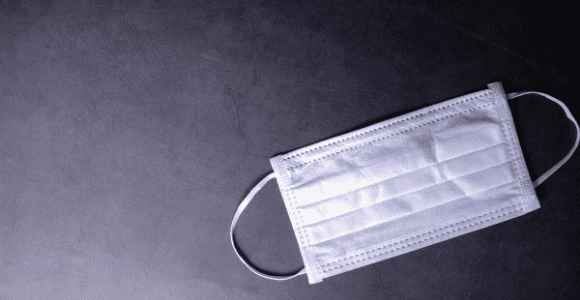Welcome readers! Please subscribe through the buttons on the right if you enjoy this post.
(Read this series from its beginning here.)

The Jesus story calls us away from a way of life that sacrifices foreigners, orphans, widows, and innocent victims. The gospel story ties social healing to our choice to end systems that sacrifice people and to start a different way of doing life. Economic and political systems of sacrifice that demand the death of innocent victims for the benefit of the masses were the focus of Jesus’ protest that day.
It also does not matter whether the sacrificial system depends on the death of political enemies or patriotic, a religion of war that sacrifices the present generation and assumes that citizens are worthy of their sacrifices. It doesn’t matter whether the sacrificial system is religious, rooted in fear of the Divine, or based on the shunning, marginalization, and scapegoating of those deemed “less than” or “other” to maintain the favor of a god or gods. It doesn’t matter if the sacrificial system is economic, driven by greed, and sacrificing essential workers to maintain the lifestyle of those at the top of the social pyramid.
The Jesus story does not affirm those political, patriotic, religious, or economic “holy places” of sacrifice, those “dirty rotten systems” as Dorothy Day called them. In the Jesus narrative, our future hope is not found in sacrifice but in a more distributively just future where everyone has what they need to thrive. This story calls for a new beginning of a world where we bend our societies’ moral arc toward justice, compassion, inclusion, and equity.
Jesus’ last supper with his disciples invites us to be the kind of people who work toward that world while we continue an ongoing critique of the way our world is sacrificially shaped.
“It is in food and drink offered equally to everyone that the presence of God and Jesus is found. But food and drink are the material bases of life, so the Lord’s Supper is political criticism and economic challenge as well as sacred rite and liturgical worship.” (Rita Nakashima Brock and Rebecca Parker, Saving Paradise: How Christianity Traded Love of the World for Crucifixion and Empire, p. 31)
The Jesus story calls us first to recognize systems maintained by the sacrifice of others, and then to live our lives in opposition to them. Ultimately systems of sacrifice are not sustainable. As our original passage reminds us, the Jesus story is about healing the brokenness of our world, and that healing begins with saying no to systems of sacrifice.
Earlier this year, many were willing to sacrifice elderly people for the economy. I was deeply alarmed by that rhetoric. Then when Black communities and communities of color were disproportionately impacted by COVID-19, their deaths were also a sacrifice many were willing to make. Then came a willingness to sacrifice “essential workers,” but making them more expendable than essential. And people’s obstinate refusal to wear a mask in the name of individual freedom expresses willingness to sacrifice someone else. Most recently, the system is proving willing to sacrifice our children to force local governments to re-open schools. There will be a housing and food crisis if we do not find another way.
All of this doesn’t have to be the case. We can allow COVID to inspire us to create a more life-giving society where the most vulnerable people are prioritized and cared for. If we don’t, this crisis will only deepen our willingness to sacrifice people’s lives and the status quo will remain unchanged.
As COVID-19 cases continue to rise and set new records each day, remember that the world that exists post-COVID will be determined by the kind of people we choose to be right now during COVID. Will we be people who sacrifice others, or will we choose a more perfect union, one, this time around, rooted in the golden rule and love of neighbor?
“If you had known what these words mean, ‘I desire mercy, not sacrifice,’ you would not have condemned the innocent.”—Matthew’s Jesus













